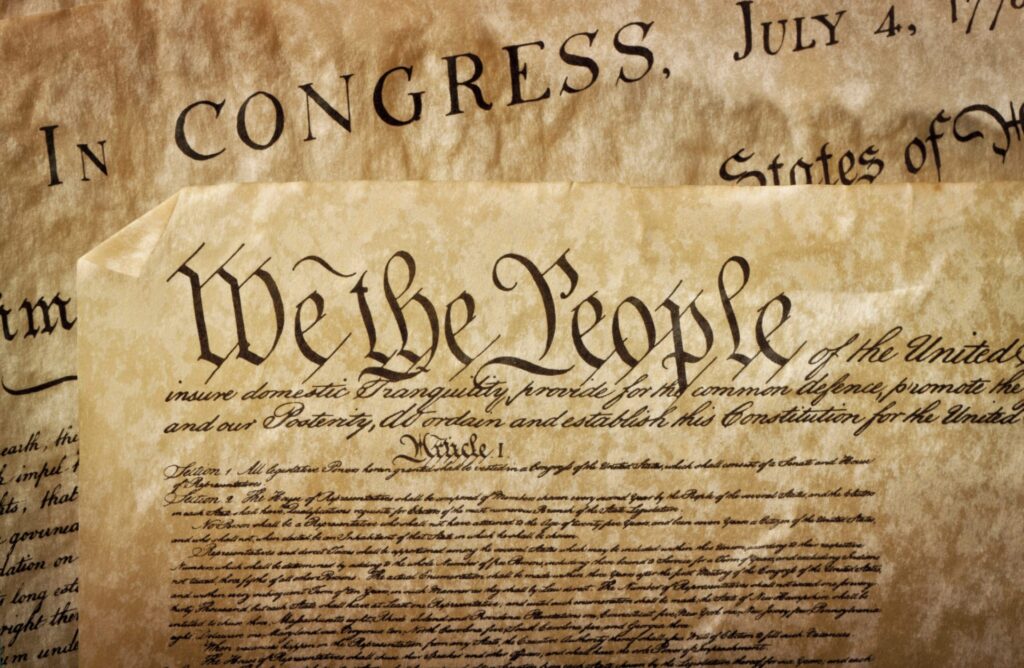In our recent blog posts, we’ve begun delving into the can of worms that is arrest and police seizure law. We’ve been over some examples that show the complexity of what a “seizure” is, and have used the recent Maine Supreme Court case, Maine v. Blier, to highlight the spectrum of police detentions.
One important question remains, though: So what? Why is there all of this splitting of hairs over whether a suspect has been “seized” or not? What difference does it make?
The answer is threefold:
- Only once there has been a seizure does the Fourth Amendment apply,
- If violated, the Fourth Amendment triggers the exclusionary rule, and
- When the exclusionary rule applies, the evidence from the unreasonable seizure gets thrown out.
The Fourth Amendment to the U.S. Constitution is the friend of everyone in the country because it prohibits police searches and seizures that are deemed “unreasonable.” However, the Fourth Amendment doesn’t apply unless and until there is either a legitimate “search” or an actual “seizure.” If there’s no “seizure,” then the Fourth Amendment’s protections can’t help you.
Fourth Amendment Violations Trigger the Exclusionary Rule
If there has been an actual “seizure” that triggers the Fourth Amendment’s protections, and that seizure is unreasonable, it means the police have done something illegal – they’ve violated the Constitution. There are repercussions for these violations. If there weren’t, it would leave a hugely important piece of the Constitution empty of meaning or substance.
In the United States, we’ve decided that the proper repercussion is the so-called exclusionary rule.
The Exclusionary Rule Protects Your Rights By Throwing Away Evidence
The exclusionary rule throws out – or excludes – any evidence that was gathered as a result of a Fourth Amendment violation, such as an unreasonable police seizure. When this evidence gets thrown out, it protects your rights by preventing law enforcement from utilizing their ill-gotten gains against you. When the exclusionary rule gets applied to a criminal case and the prosecutor loses evidence against you, it frequently results in the charges getting dropped or a drastically reduced sentence.
Interestingly, there are numerous experts who think that the exclusionary rule does not go far enough in deterring law enforcement from stepping all over your Fourth Amendment rights. They lose what they may have gained from violating the law, but are not penalized in any way.
Whether You’ve Been Seized or Not is Crucial
Issues of deterrence aside, the exclusionary rule cannot be used in your case until you’ve been seized by the police. Only once you’ve been seized can evidence be excluded from your trial. This makes it crucial to determine the exact moment you were seized by law enforcement. Any evidence obtained before the seizure can always be used by prosecutors against you. Only the evidence that was obtained after the seizure can be excluded if the apprehension was unlawful.
Criminal Defense Attorney in Maine: William T. Bly
The protections of the Fourth Amendment and the exclusionary rule are some of the most important in criminal defense work. Attorney William T. Bly knows that and uses it to the advantage of his clients. Contact him online or call his Maine law office at (207) 571-8146 for the legal help you need if you’ve been charged with a crime.


